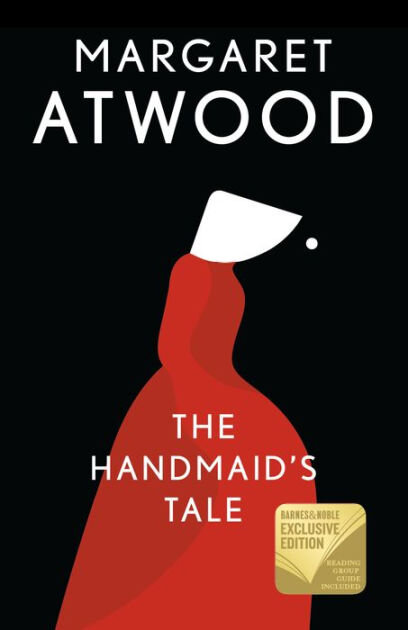The Handmaid’s Tale by Margaret Atwood
"But I'm also hungry. This is monstrous, but nevertheless it's true. Death makes me hungry. Maybe it's because I've been emptied; or maybe it's the body's way of seeing to it that I remain alive, continue to repeat its bedrock prayer: I am, I am. I am, still" (281).
What a beautiful and at once haunting novel. The tale follows a young woman who's name given to her during this period is Offred (we never learn of her real name from before). The society lives in a totalitarian regime during the second American Civil War where the few remaining fertile women are enslaved and distributed amongst the wealthiest families to reproduce.
I love that Atwood wrote this book not as a prediction for the future, but as an ominous warning in hopes that if this society could be described, it would encourage us to deter from ever becoming this way. Instances such as "This may not seem ordinary to you now, but after a time it will. It will become ordinary" (33) also felt especially pertinent as we adjust to this new reality during a pandemic.
